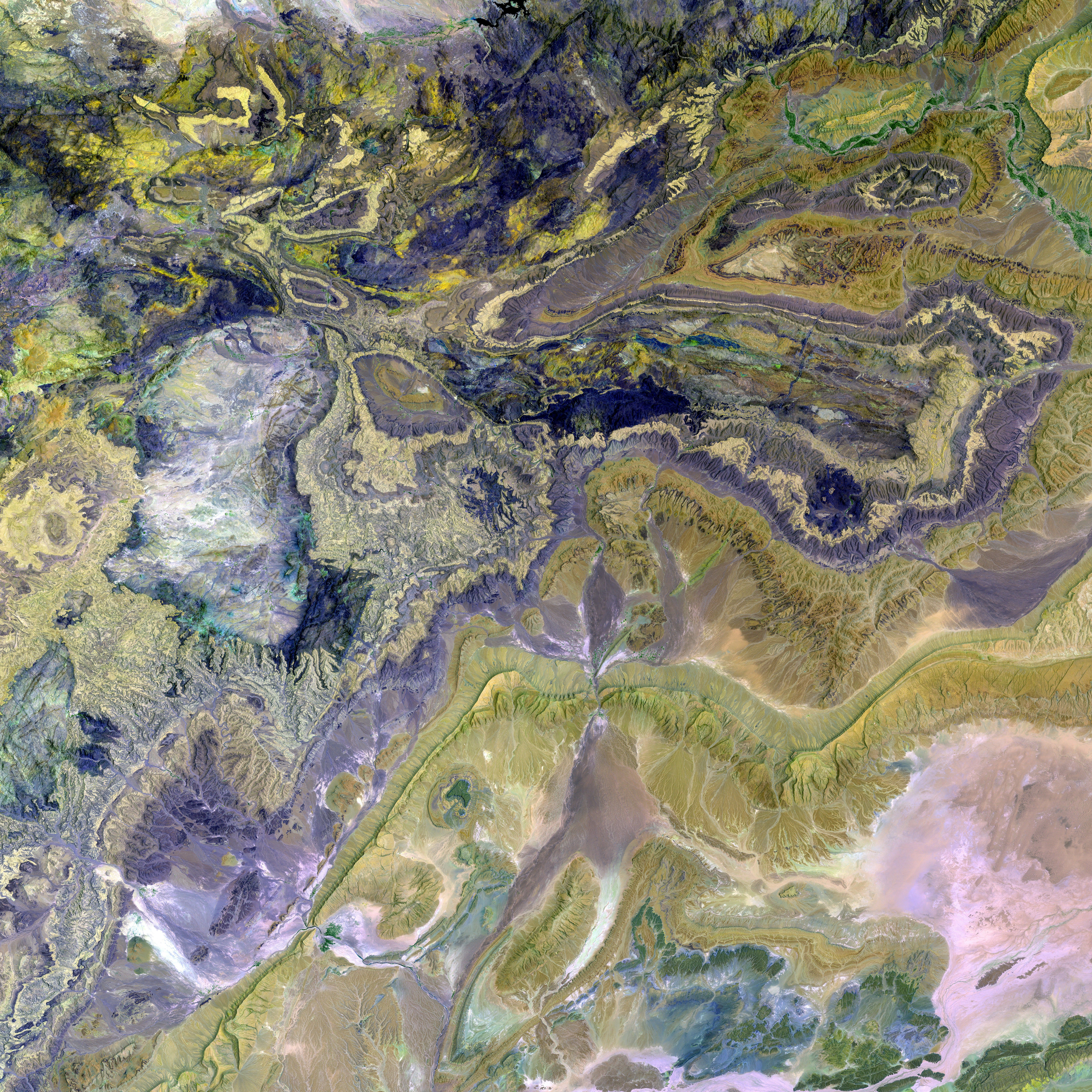Let's Dish on the Latest Mpox (Monkeypox) Outbreak!
World Health Organization Classifies Mpox as a Global Health Emergency: Essential Information Summarized
The infamous mpox virus, formerly known as monkeypox, has resurfaced and caused a global concern once more. On a windswept Wednesday afternoon, the World Health Organization (WHO) pronounced a Public Health Emergency of International Concern (PHEIC) regarding mpox, highlighting the return of cases across Africa and the emergence of a new, deadly strain of the virus.
Mpox, caused by a virus similar to the long-extinct smallpox virus, has been generally considered a zoonotic disease, mainly spread from animals, most likely rodents, to humans. However, this changed in early 2022 when the virus ignited widespread human-to-human outbreaks outside Africa. Suddenly, this disease was making headlines with more than 90,000 cases in over 100 countries documented and the WHO declaring its first PHEIC on mpox in July 2022. Coincidentally, this was the first such declaration since the arrival of covid-19.
Infected people usually experience flu-like symptoms, headaches, and distinct, bumpy rashes or lesions throughout the body, with symptoms appearing within 21 days of exposure. People can potentially spread the infection to others several days before they feel sick, and remain contagious until their rash fully heals, which can take two to four weeks. The virus can theoretically spread through any kind of direct contact; nevertheless, during the 2022 outbreaks, it was mainly transmitted sexually between gay and bisexual men. Thankfully, the strains that spread belonged to a less fatal lineage of the virus (clade II), with only around 150 deaths reported in 2022.
Fortunately, scientists had already developed a vaccine for mpox prior to these outbreaks, and vaccination and awareness campaigns in high-risk communities helped drive down cases of mpox since 2022. However, experts have long feared that the virus could continue to cause large outbreaks or mutate further to become more dangerous, fears that have now become a grim reality.
In 2025, there have been more than 14,000 suspected or confirmed cases and 524 deaths tied to mpox, as reported by the Associated Press. These cases and deaths have been found in 13 countries, although most have been concentrated in the Democratic Republic of the Congo. Originally, these outbreaks mostly involved the established lineage of the virus (clade I); however, a newer variant (clade Ib) appears to be spreading widely among people, with a mortality rate hovering around 3 to 4%. Sadly, as seen in 2022, the initial outbreaks seem to have primarily spread through sexual contact, but there has recently been a noticeable increase of cases affecting younger children, health care workers, and households. This raises the real possibility that the virus can now easily spread through other forms of direct contact.
Last week, the Africa Centers for Disease Control and Prevention declared a public emergency over the outbreaks. Although most of the danger has so far been confined to Africa, the WHO's declaration underscores that the rest of world isn't necessarily safe from mpox.
"The emergence of a new clade of mpox, its rapid spread in eastern DRC, and the reporting of cases in several neighboring countries are very concerning. Alongside the ongoing outbreaks of other mpox clades in DRC and other countries in Africa, it's evident that a coordinated international response is needed to stop these outbreaks and save lives," said WHO director-general Tedros Adhanom Ghebreyesus in the WHO's announcement of the decision.
While the U.S. supply of the most widely used mpox vaccine (Jynneos) has recently been replenished, the same isn't true for the countries currently most affected by these outbreaks. Experts have warned that initial vaccine supplies are likely to fall far short of the 3 million doses planned to be available in Africa by the end of the year.
The WHO has already taken strides to accelerate the emergency approval of vaccines in lower-income countries that have no approved vaccines, and it has released $1.45 million from its emergency contingency fund to address the crisis. The WHO is also working to coordinate vaccine donations from other countries and pharmaceutical companies. Unfortunately, these steps alone are nothing more than a drop in the bucket. The organization estimates that at least $15 million will be immediately needed to fund surveillance, preparedness, and response activities and plans to appeal to donors for more funding.
- The pandemic-worthy mpox virus, formerly recognized as monkeypox, has caused a significant resurgence, leading the World Health Organization (WHO) to announce a Public Health Emergency of International Concern (PHEIC) in 2025, citing the rising cases and the emergence of a deadly new strain.
- This new strain, known as clade Ib, has shown a worrying increase in spreading among people with a mortality rate of around 3 to 4%, taking a toll with over 500 deaths in 13 countries, mainly in the Democratic Republic of the Congo.
- Experts have cautioned that the initial vaccine supplies will be insufficient to curb the ongoing spread, with around 3 million doses planned for Africa by the end of the year, but likely falling short of actual demand.
- In an effort to combat this, the WHO has taken steps such as accelerating emergency approval of vaccines in low-income countries, releasing funds for the crisis, coordinating vaccine donations, and planning to appeal to donors for additional funding to prevent further spread and save lives.








